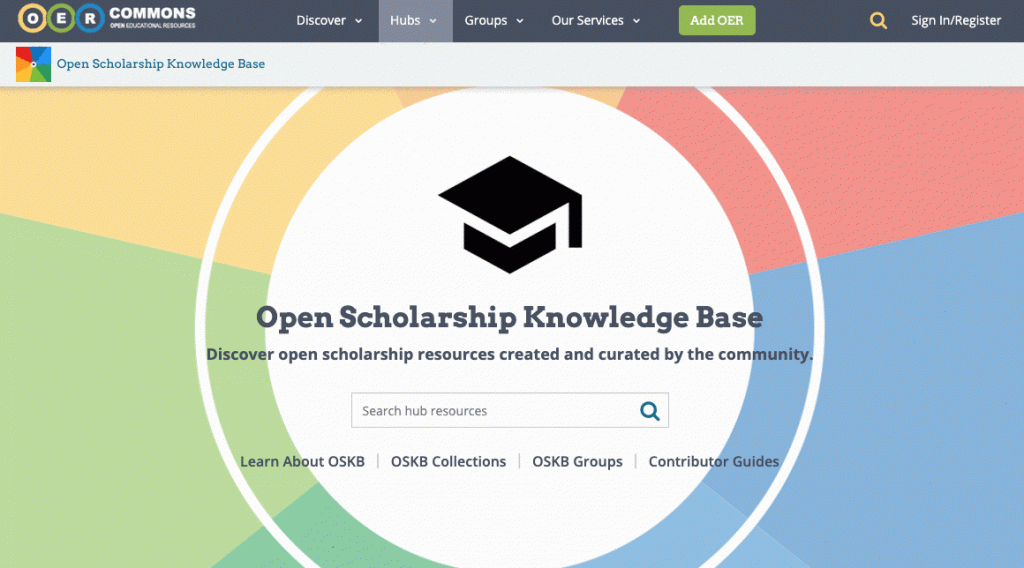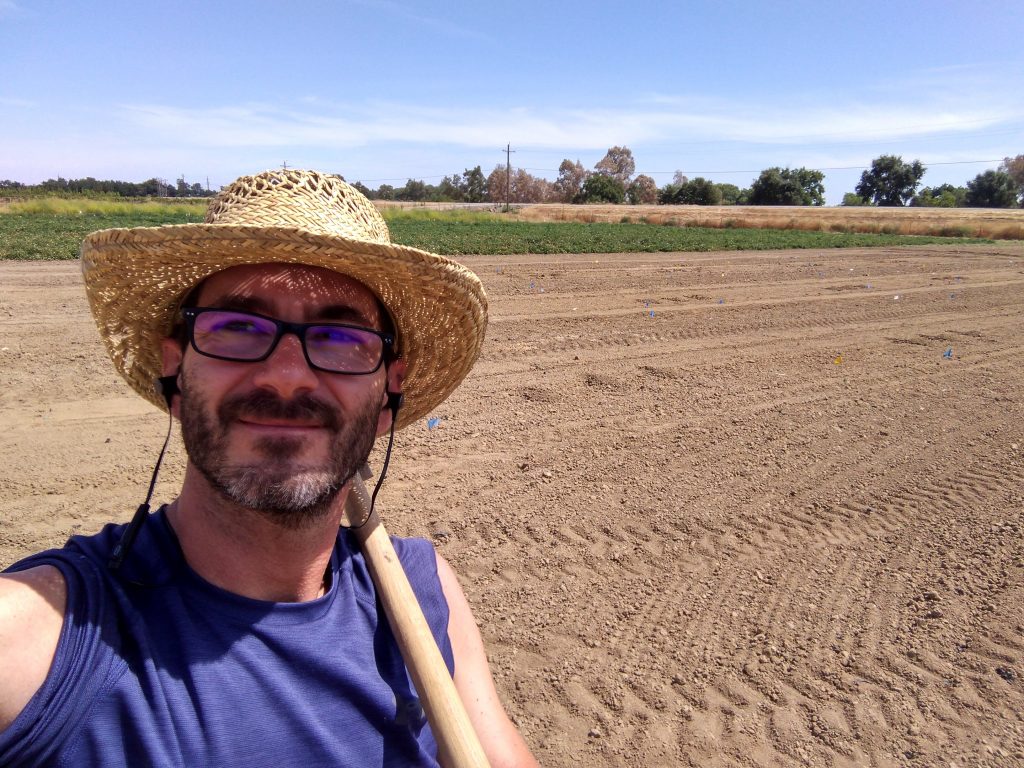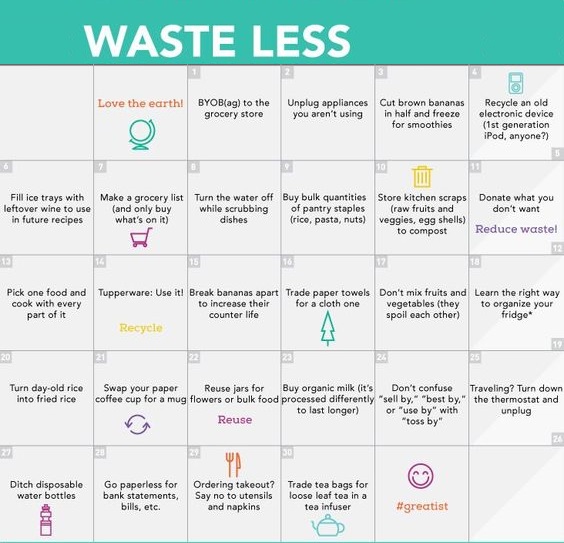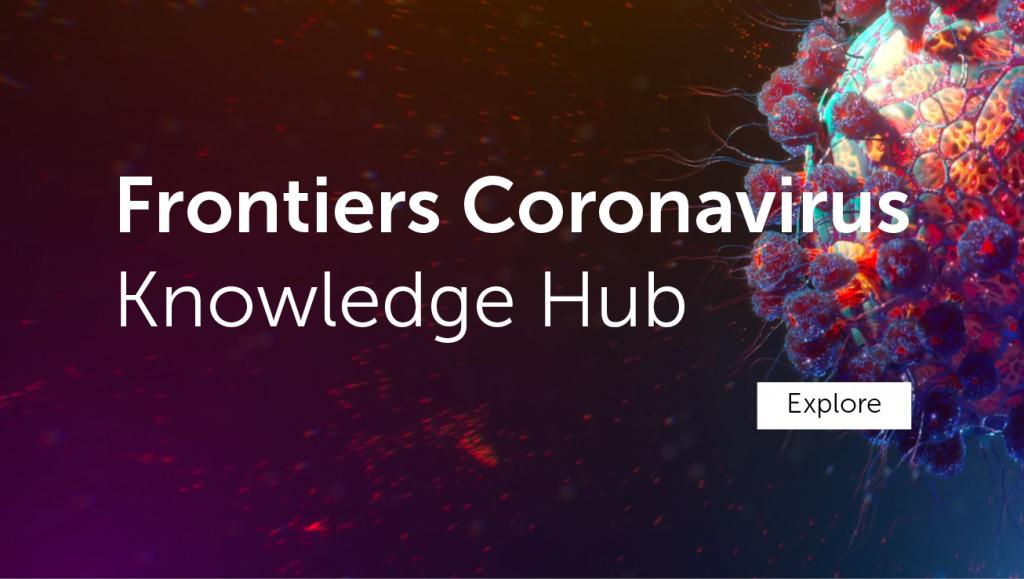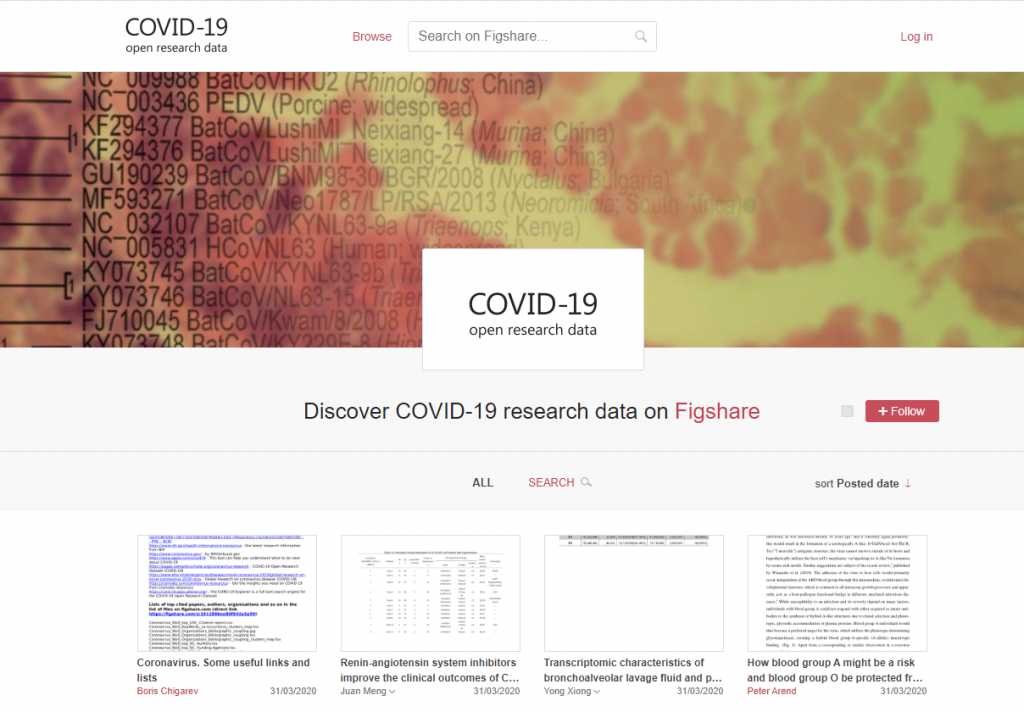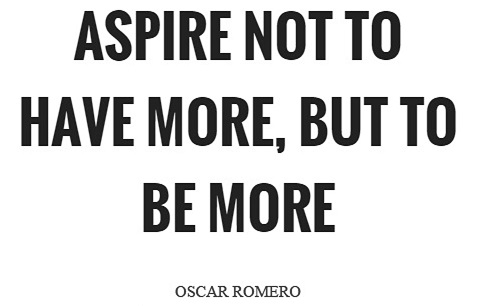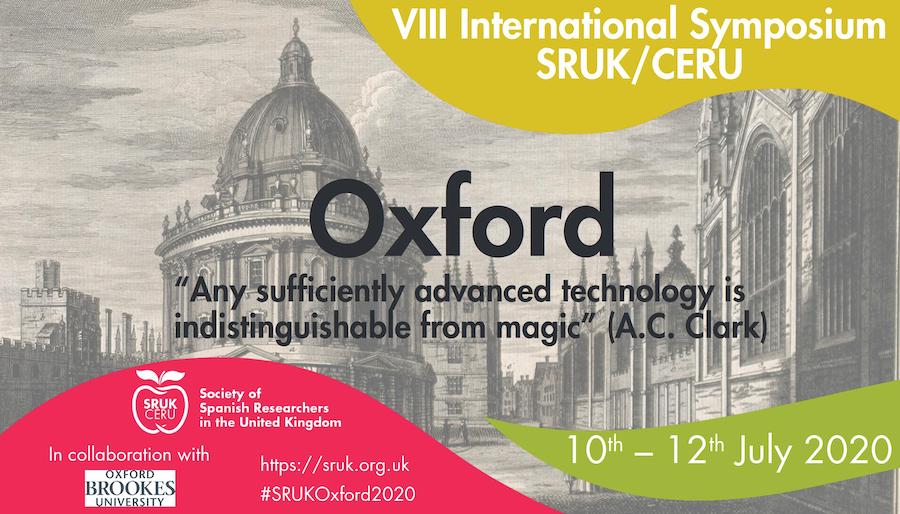I am happy to announce the release of the 1st Be Better than Standard Interviews.
This is a series of Q&A sessions to be posted every now and then.
The session covers day-to-day concerns related to career development.
Feel free to participate into a constructive and lively space for discussion through the comments.
Tell me about yourself and the choices you have taken along your career
Hi, I’m Jesus Fernandez Bayo, currently Assistant Professional Researcher at the University of California, Davis. First, I’d like to explain what my position entails as it is not a common term everywhere (never heard of it before coming to the USA). I’m a researcher (meaning I can be PI in project) and I don’t have to teach in despite of being at an University. I’m not permanent employee with a salary from the University. This means I am “soft money” employee: I need to find funding all the time to have a salary to pay myself from project. This is quite challenging sometime. Likely, my formers PIs as postdoc they are strongly supporting my career.
About my career, I did my PhD in Granada (Spain) at the “Estación Experimental del Zaidin” (Spanish National Research Council). My general goal was to use agroindustrial vermicompost (wastes digested by earthworms) to “fix” pesticide in the soils and prevent underground water pollution. I continued my research in the environmental fate of pesticides in tropical soils as Postdoc at Supagro in Montpellier (France). After four years of postdoc, I decided to move out of studying chemical pesticides in soil. That brought me to the University of California Davis (UCD) to study Biosolarization an organic technology alternative to chemical fumigation. You can find more about this here.
I have been involved in so many different research topic related to add-value to organic wastes. One of those projects was to study Black Soldier Fly Larvae as sustainable and nutritious protein source for chicken by cultivating the larvae in almond hulls. This project got so much attraction that kind of “forced” me to start a startup thanks to my amazing team, supervisors and the opportunities open for entrepreneurs at UC Davis.
What is the difference between the You in the PhD, the the You halfway between your PhD and now, and the You now?
During the PhD I wasn’t worried about the future, I was very insecure and I remember kind of waiting for approval from my supervisor for any decision. I had a lot of lab work and not enough time to write. I was only focused on finishing the PhD. My halfway between then and now was excited about doing postdoc in different places in the world. I started to enjoy more research because I started to take more decisions. Today, I find myself less naif and more secure and independent. I enjoy writing project proposal and presenting results and I am lucky enough that I can still enjoy lab and field work in between writing.
How have you used your different experiences in the past (methods, technologies, experimental design, soft skills, networking…) along your career?
In many ways, actually, that is one of the best ways to realize that you are actually learning things. For instance, during my PhD I went to Germany (Forschungszentrum Juelich) to learn how to use radio-labelled pesticides to study their fate in the environment. That was the same technique I used for my Postdoc in France. Likewise, in France I learnt to take water samples in soil column to study pesticide leaching. I am currently using the same technique to monitor nitrate percolation in soil. In my opinion, it is extremely important to move to different labs and countries to enrich knowledge and to learn new techniques and different ways of managing projects, communicate results and understand cultures.
Order from the most to the least motivation factor: salary, work environment, career prospective, work-life balance, country/city, topic/field, challenging, comfort area.
- topic/field
- work-life balance
- country/city
- salary
- challenging
- work environment,
- career prospective
- comfort area.
When is a project or task too risky to be realistically obtainable?
With enough resources (funding, team, equipment and time) almost any project is realistically obtainable. If some of those pillars is unbalance it will be a challenge to achieve your goals. Outside of that, I think ethical issues could be the hardest part to make a project real.
Any advice for managing pressure?
Breathe. Slow down to plan. Going step by step, setting small goals. Delegating tasks to colleagues. Of course, being able of refusing tasks when you feel overwhelmed
Choose one challenging situation and how you overcame it
My current situation is quite challenging. I do not have a permanent position or visa and we are living one of the most unpredictable times in recent history. To manage this pressure I focus on every goal that I achieve. I try to do short-term goals but also work on projects/ideas that could help me for the future. For instance, I invest time outside of work in the startup. At the same time, I force myself to stop working and take time for me and my close ones to keep a healthy work-life balance.
How do you deal with procrastination?
This is one of my biggest issues. Fixing deadlines and weekly goals. I have a calendar that I use to block time to specific projects (writing, reading…in a weekly basis). But at the end, a hard deadline and pressure is the best way to fight procrastination. I also try to have a flexible schedule, meaning that if I find myself that I am procrastinating too much, I try to recover that time later that day.
In your opinion, what makes a good team leader?
A balanced person. That person must communicate well, understand the needs of the team, above all, it must be part of the team and not above the team
How do you handle your public speaking nerves?
I’m not a communicator by nature, I’m aware of it and to overcome that I do practice a lot.
Advantages and disadvantages of working in the two most different environments that you have experienced? (industry vs academics, research centers vs universities, policy vs entrepreneur…)
In my case it would be academy vs entrepreneurship. Advantages of the academy are: interaction with a lot of people, many opportunities to learn new things and I’d say more financial security. The disadvantage is that you share your time with a lot of bureaucracy.
As entrepreneur, I have enjoyed the possibility of making an idea true to really help society. You focus mainly in one project. If it works, you can make money! (but I’m far from that step). The disadvantages may be that you need to learn many field you may have not learnt on your research career: finances, legal, marketing…Finally, depending how and where you develop your business, you can face a lot of financial risk and insecurity.
What would you do differently if you could go back in time knowing what you know now?
My career hasn’t been perfect but I do not regret any of my decisions in general. I think one of the issues that have limited or influenced my career is that my goal has always been to find a quality job in Spain. Unfortunately, the opportunities and working conditions are so low that the competition is extremely high. I have been trying more than 10 years to go back home….
If have to say something more specific, I think, I would have planned my career goals and fill some gaps on my CV to achieve a most permanent position in the academy
